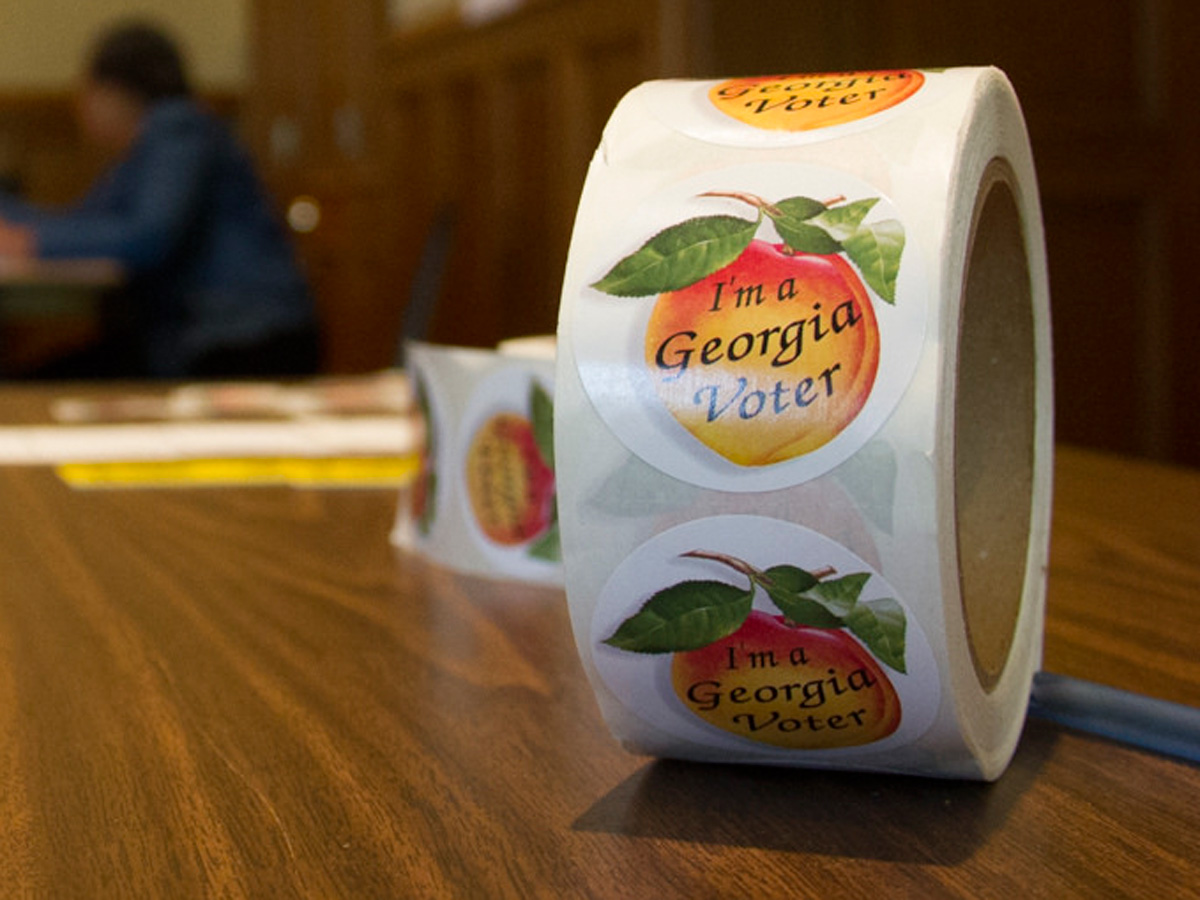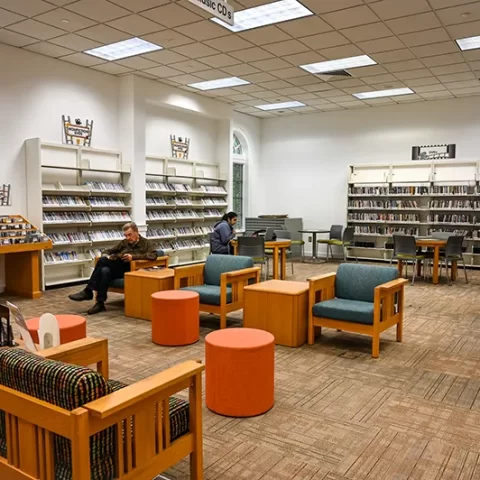By Kalvis Golde
Local politics is never sexy. In Georgia, though, it has been dominating headlines.
Two state bills, the “religious freedom” (HB 757) and “campus carry” (HB 859) laws, roiled the Georgia electorate in 2016. Worries about the presidential race evaporated in the face of momentous questions right here at home. Can a state government protect religious institutions without legalizing LGBTQ discrimination? Should students and faculty be allowed to carry concealed guns on college campuses?
The public outcry over the religious freedom bill was large enough: companies including Disney, Delta, and Coca Cola threatened to punish or leave the state if it passed. Campus carry proved even more controversial. Religious leaders, the University System of Georgia (USG) Board of Regents, and all 29 USG presidents publicly opposed the bill. Students and faculty at the University of Georgia rallied for its veto. The law’s opposition ratings were startling: 60 percent at UGA, 70 percent at Georgia Tech, and 80 percent of the state overall.

Both bills were eventually vetoed by Governor Nathan Deal, prompting anger and accusations of Deal “selling out” from some conservatives. More liberal voters breathed a collective sigh of relief, especially on college campuses.
But many Georgians simply feel frustrated. Some are stunned that members of our state legislature passed a law opposed by 80 percent of their constituents. Others feel betrayed by Deal’s vetoes and want more effort from their representatives, such as a veto override from the massive Republican majorities in both houses. Here’s the good news: if you feel frustrated for either reason, and you are registered to vote in Georgia, there is something extremely effective you can do about it.
Go vote in your local and state primary elections on May 24.
The best way to prevent your state representative from passing laws you don’t like? Vote them out of office. The most permanent way to support your representative if you agree with their efforts? Vote them back in. This idea is simple, and certainly not new, but somehow it has gotten lost in the deluge of 24-hour news and political apathy sweeping over the country.
Don’t think your vote will do anything? Think again. In a presidential election this might be true, but votes matter a lot close-to-home. GPR writer Lindsey Powell recently investigated the true power of votes in a local election, and her piece is definitely worth a read. One of her most telling findings had to do with turnout:
“The dismal voter turnout rates in elections for state representatives and senators demonstrate a lack of understanding of the power these individuals hold over our everyday lives… In 2011, only 21 percent of eligible voters cast a ballot in local elections. Such low participation means not only that every vote counts, but that each vote carries a significant amount of weight.”
Now, I know, voting takes a lot of effort. My goal is to make it as easy as possible, so I’ve compiled a short guide to navigating your local primary election.
1. Find Your Representatives
If – like me before researching for this article – you don’t know who your local, state, or federal representatives are, visit Ballotpedia’s website. By typing in your address and checking “Elected Officials”, you can instantly get a list of all the representatives at each level for your district. You can click on any representative to learn more about them, their policies, and their voting record.
You can also check the “Sample Ballot” option and get a list of all the officials running in your district for the election on May 24. After five minutes of research, you’ll know exactly which candidates you want to vote for now and see in the general election for your district in November, instead of showing up and recognizing none of the names on the ballot.
2. Look at the Key Issues
Want to know how your state representatives voted on campus carry? First, find your House and Senate representatives on Ballotpedia. Then, check out the voting records for HB 879 in the Georgia House and Senate.
It’s just as easy to discover how your representatives voted on the religious freedom bill. Click here to see the House voting record and here for the Senate.
3. Vote Early
You might not want to wait in long lines on polling day. That’s why early voting exists. In most counties in Georgia, it’s surprisingly widespread and easy to do. Simply click here to find Georgia’s early voting database, select your county, and you’ll be presented with a list of all the locations and times you can vote over the next two weeks, before May 24.
4. Check Your Status
Not sure whether you are registered to vote, or where your polling place is? Check out your “My Voter” page. And if you discover that you’re not registered to vote, register online here to make sure you can vote in the November general election.
Seem Easy Enough?
For most of us, this is probably sufficient to make a decision about our local officials based on the issues we care about. But this is only a starter pack of useful information, so feel free to investigate more on Ballotpedia or elsewhere. You’ll be able to vote on a lot more in this primary than simply the state legislature, including local judges (who, unlike federal judges, are elected by the people). A little research will show you how much power you can wield come May 24.
Whatever you do, don’t neglect your vote. Campus carry and religious freedom are not going away. In fact, they will probably be back on the docket next year, along with important issues like reporting sexual assault on college campuses, gambling, and alcohol sales.
If you wait until the general election this November – when we cast the final votes not only for president, but also for these state officials and important state constitutional amendments – you might be left with only candidates you don’t want anywhere near the capitol. You might be left to witness important issues, which you worked so hard to support or oppose, experience a different fate only 12 months later.
In short, you might be out of luck.


